
Dehydration is the excessive loss of body fluid, primarily water. Human body consists of at least 75% of water and any kind of excessive loss of fluid endangers the primary vital functions. Water is found in every living cell in the body, and the water constantly circulates inside of the living organism. The body is losing fluids whenever people breathe, sweat, urinate or have a bowel movement. At the same time, this loss is replenished by taking appropriate amounts of water. Consequently, dehydration occurs whenever the amount of water leaving the body is greater than the amount being taken in.
Signs and symptoms of dehydration
Signs and symptoms of excessive loss of body fluid usually depend on the severity of dehydration. The symptoms are generally becoming noticeable when a person loses as little as 2% of normal water volume. In most cases, dehydrated individuals will have very low blood pressure, may feel dizzy or experience sudden episodes of visual disturbances (snow) and fainting. The first symptoms are generally milder in nature and include thirst and discomfort, dryness of the skin, loss of appetite, constipation, low endurance, rapid heartbeat, pronounced fatigue, elevated body temperature etc.
Mild and severe dehydration
Mild dehydration includes decrease in urine volume, darkness of the urine, tiredness and irritability, inability to produce tears, dryness of the mouth, very hard headaches, dizziness and sometimes insomnia. In most cases, people with mild dehydration will experience mood changes and may appear negative, confused and depressed.
In more severe cases, there will be no urine output at all; patient may become very lethargic, tired, and sleepy. Symptoms of severe dehydration include decreased plasma volume, increased body pressure, sleepiness, headaches, nausea, tingling of the limbs, spasms, wrinkling skin, dimmed vision, and even delirium. Any kind of water loss greater than 15% is typically fatal.
Causes of dehydration
There are many different causes of dehydration. This is one of the most severe health problems for older individuals, as the body’s thirst sensation diminishes over age 50, and continues to diminish with age. Many older individuals suffer from dehydration without even knowing it.
Dehydration may occur whenever there is too much water lost and not enough water is taken in. Most commonly, dehydration results from diarrhea and vomiting. The problem is here that a body is unable replace water by drinking it, if there are difficulties to hold and tolerate the water. Sweating is another common cause of dehydration. People who suffer from burns can become dehydrated since the damaged skin cannot prevent fluid from seeping out of the body. People with diabetes are also at high risk since they often have the increased need for urination.


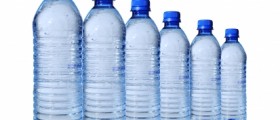




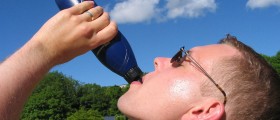






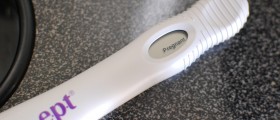
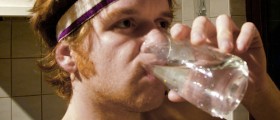
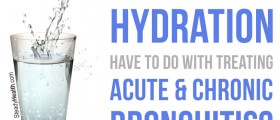
Your thoughts on this
Loading...